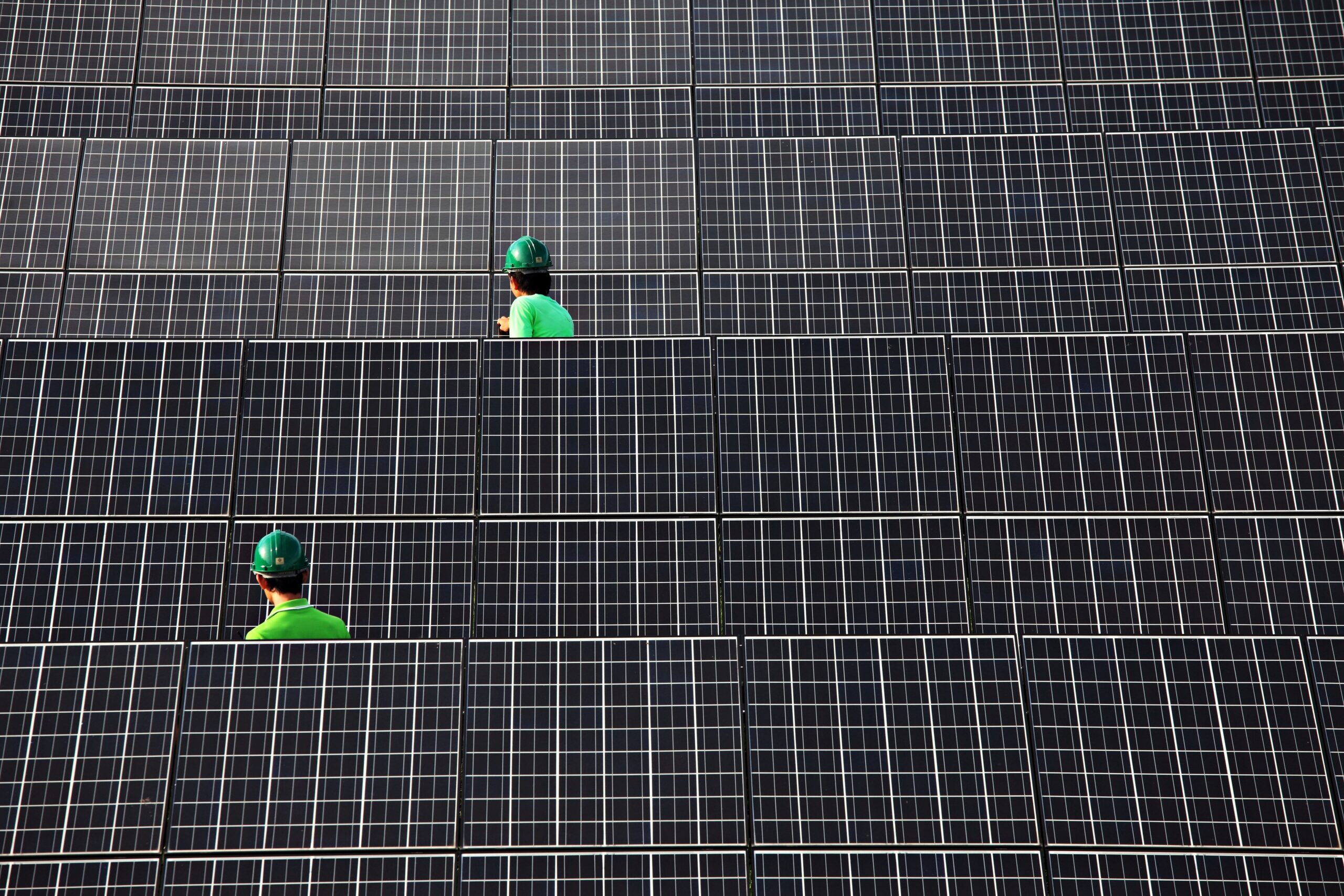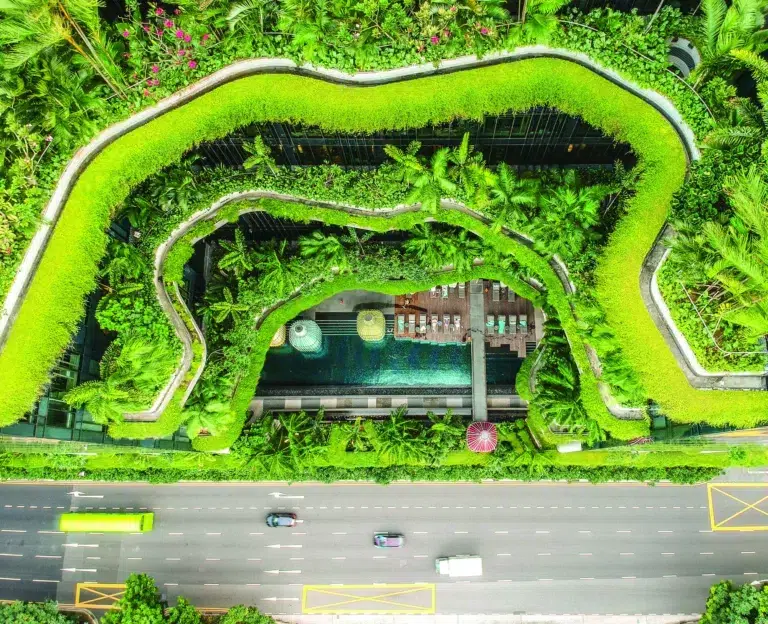News roundup: Thailand’s much-delayed solar farm project back on track, and other headlines

For PropertyGuru’s real estate news roundup, the much-delayed solar farm project in Thailand’s EEC finally pushes through. In other headlines, nature lovers petition the Hong Kong government to stop the use of “plastic wood” in the construction of hiking trails, while India’s Greater Noida announced a water tariff hike of up to 10 percent for all consumer categories starting 1st April.
SPCG presses ahead with delayed solar farm in Thailand’s EEC
SET-listed SPCG, a pioneer in solar farm development, anticipates the smooth development of its much-delayed solar farm project in the Eastern Economic Corridor (EEC), as the construction cost is likely to decrease by 25 percent, according to Bangkok Post.
The company adjusted its cost estimate, including the prices of equipment used for solar panel installation, believing the cost should drop from THB20 billion to THB15 billion, said Pipat Viriyatranon, vice president for finance.
This is a good prospect for the installation work which was delayed for almost three years due to the lengthy process selecting areas suitable for the project and the need to wait for a new secretary-general of the EEC Office to grant a licence. The company had to wait for the formation of a new coalition government during the second half of last year in order to push ahead with the project.
New solar farms will be built on 61 areas, spanning 3,000 rai of land, in the EEC, which consists of three provinces – Chon Buri, Rayong, and Chachoengsao.
Petition urges gov’t to halt use of ‘plastic wood’ steps and railings on Hong Kong’s Lantau’s hiking trails
Hikers, trail runners, and nature lovers are petitioning the government to halt a “disastrous” use of plastic in the construction of countryside trails. The authorities, in turn, have insisted that wood plastic composite (WPC) is environmentally-friendly.
Petition signatories stated they were “astonished” to see that a plan for Lantau Island’s new, 100 kilometre round-the-island trail, involved the use of “massive amounts” of WPC for step frames and railings.
“Plastic wood is a synthetic composite material made of plastic and wood chips. It is by no means environmentally friendly and applying it at that scale in the rural environment will only bring about disastrous outcomes including plastic pollution, not to mention setting a very bad example damaging Hong Kong’s reputation and efforts on environmental sustainability,” the petition – organised by the Concern Group on Concretization of Hong Kong Natural Trails – read.
The concern group claimed that an August 2023 study by the Civil Engineering and Development Department (CEDD) was “biased and incomplete,” in that it failed to consider the benefits of natural resources.
When approached by HKFP, a spokesperson for the CEDD said last week that they understood the use of natural materials was popular. “However, natural materials such as boulders and processed felled tree logs are relatively heavy and irregular, significant pre-processing is usually required resulting in longer construction time,” the spokesperson said.
They added that, following last year’s study, WPC had been approved for use in two priority sections of Tai O Fu Shan’s hiking trails and in northeast Lantau. Citing the study, the department claimed that the WPC step frame modules are “environmentally friendly, of high durability in outdoor environments and could be recycled, which are in line with the principle of sustainability.”
India’s Greater Noida to increase water tariff by 10 percent from 01 April 2024
The Greater Noida Industrial Development Authority (GNIDA) in India has announced a water tariff hike of up to 10 percent for all consumer categories, including residential, group housing, institutional, industrial, and commercial, starting from 1st April, 2024. This increase aims to generate more revenue to enhance water supply infrastructure and improve water quality.
According to a report in Housing.com, under the revised tariff structure, consumers with plots of varying sizes will face different monthly charges. For instance, those owning plots up to 60 square metres (sqm) will pay INR173 monthly, while those with plots ranging from 61 to 120 sqm will incur a charge of INR286 per month. Similarly, plot owners with sizes between 121 to 200 sqm will be charged INR516 monthly, and those with plots measuring 201 to 350 sqm will pay INR856 monthly.
The Property Report editors wrote this article. For more information, email: [email protected].
Recommended
6 green real estate projects reshaping Asia’s future
Developers are being incentivised to push a green agenda into daring new realms
ARES White Paper Volume 3: The era of adaptive reinvention
Pioneering sustainable and innovative practices in urban development
ARES White Paper Volume 2: Unravelling the power of data revolution in real estate
Insights on proptech, smart cities, and sustainable development
ARES Digital White Paper Volume 1: The fundamentals of responsible building
Green and climate heroes join forces to discuss how Asia Pacific can weather the current environmental crises and the looming effects of climate change






